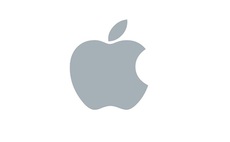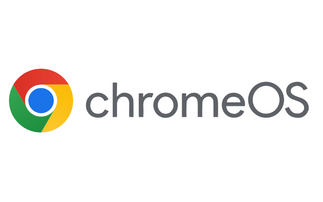'Hackers will use this as an opportunity to take advantage of those organisations that have not got their house in order,' warns EY
Organisations that haven't updated their operating systems by the time Microsoft ends support for Windows XP on 8 April will be left open to attacks from hackers and cyber criminals, consultancy fi...
To continue reading this article...
Join Computing
- Unlimited access to real-time news, analysis and opinion from the technology industry
- Receive important and breaking news in our daily newsletter
- Be the first to hear about our events and awards programmes
- Join live member only interviews with IT leaders at the ‘IT Lounge’; your chance to ask your burning tech questions and have them answered
- Access to the Computing Delta hub providing market intelligence and research
- Receive our members-only newsletter with exclusive opinion pieces from senior IT Leaders





















